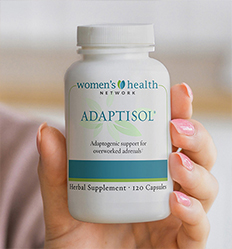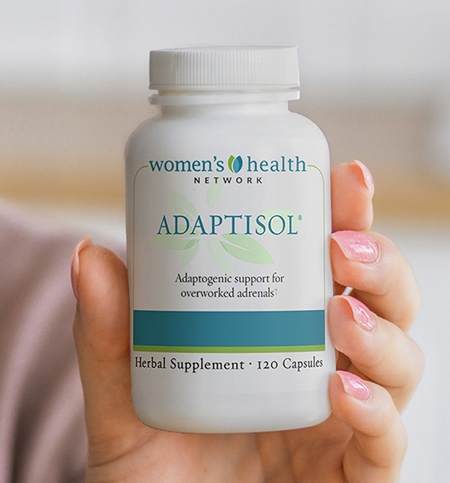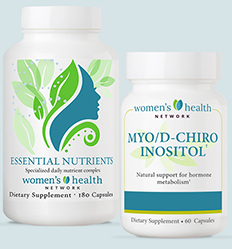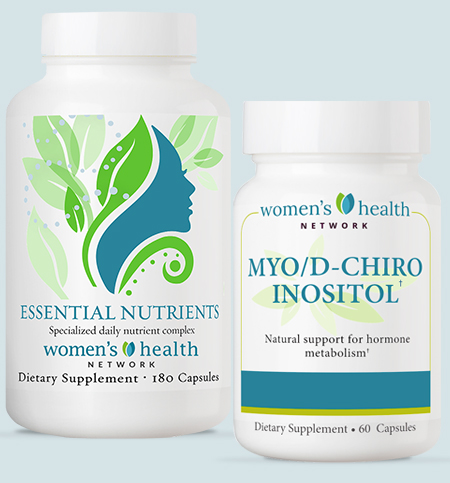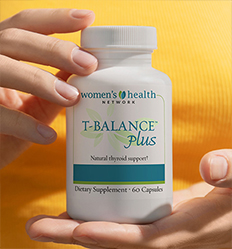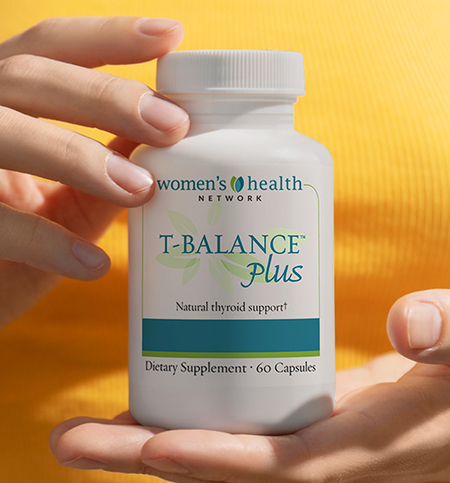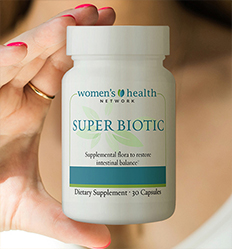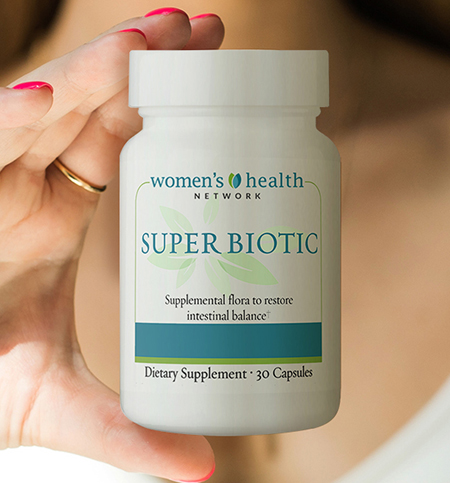As a naturopathic physician, I’ve helped countless women overcome their fertility challenges and go on to have healthy and successful pregnancies. Through this work, I’ve found that supporting fertility through natural methods offers a gentler, healthier alternative to the often harsh medications and synthetic hormones typically used in conventional infertility treatments.
In this article, I’m sharing seven common yet often overlooked health issues in women that can impair fertility – and the natural strategies you can use to address them. This is great information to know whether you’ve just started to think about getting pregnant or you are struggling with infertility and looking for answers.
[The following is a transcript of Dr. Stills’ video talk on overcoming infertility. It has been lightly edited for clarity.]
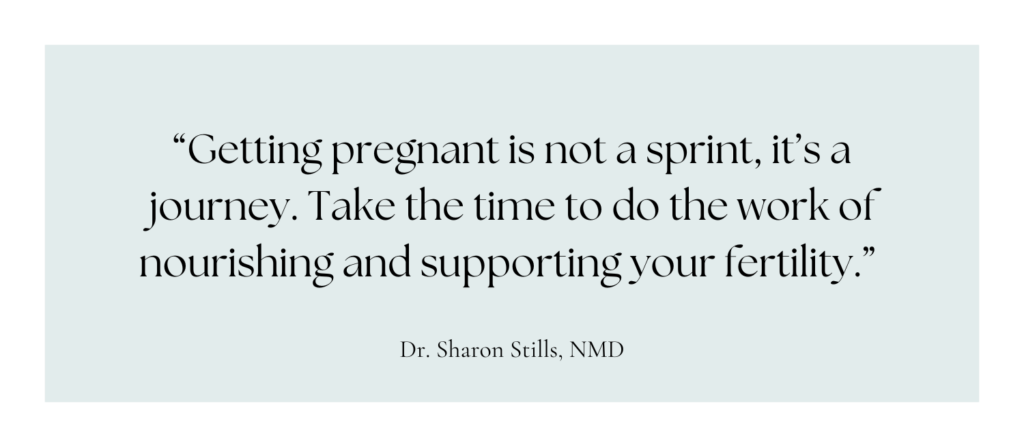
What’s keeping you from optimal fertility?
1. Chronic stress
If you’re stressed out, your body is in survival mode, not reproductive mode. Chronic stress impacts reproductive function mainly because it contributes to elevated cortisol. When levels of this major stress hormone rise, it interferes with the secretion of gonadotropin-releasing hormone (GnRH), which is necessary for triggering ovulation. In simpler terms, stress can literally shut down your body’s natural ability to ovulate.
And that’s not all. Elevated cortisol is also disruptive to progesterone production, resulting in lowered progesterone right when your body needs progesterone to stay high to support a fertilized egg. As a study published in Human Reproduction backs up, women with higher levels of alpha-amylase (a marker of stress) took significantly longer to conceive compared to those with lower stress levels.
How to support your fertility: Cortisol is produced in the adrenal glands, so my first recommendation when chronic stress is a suspected factor with infertility is to check adrenal function using a four-point cortisol saliva test (typically provided by a health care provider like a naturopathic doctor or functional medicine practitioner). This test measures cortisol throughout the day, giving you a clearer picture of how elevated this hormone has become.
Another tool at your disposal is our free Adrenal Stress Quiz which can quickly point out if you have symptoms of adrenal dysfunction and elevated cortisol. Adaptisol, our natural adrenal health supplement that helps restore cortisol balance, may be an option before you begin trying to conceive.
Stress-reducing practices such as deep breathing, meditation, and simply finding ways to enjoy life also go a long way in helping to support a healthy stress response. Pamper yourself with a bath, a good book, or time in the garden—anything that helps you to unwind and experience calm.
2. Nutritional deficiencies + hormonal imbalances
When your body lacks key nutrients, it can disrupt the delicate balance of hormones necessary for conception, including estrogen, progesterone, and insulin. In particular, deficiencies in vitamins such as A, D, E, K, B6, B12, and folate can affect ovulation and overall fertility.
One of the simplest ways to ensure you’re getting the key nutrients your hormones need is by incorporating a high-quality multivitamin into your daily routine. Look for one that includes all the vitamins listed above, plus minerals like zinc, selenium and magnesium to support hormone balance and reproductive health.
Balancing your hormones is crucial to increasing fertility, and in addition to a high-quality multivitamin, the supplement inositol (best in the combination form of Myo-inositol and D-chiro-inositol) has shown great promise for improving fertility-disrupting hormonal imbalances. Inositol is known to help regulate insulin levels, which in turn supports balanced reproductive hormones. Studies have shown that women taking inositol experience improved ovulation and a better chance of conception. Myo/D-chiro Inositol may be especially helpful for women with infertility struggles related to PCOS.
3. Low Thyroid
I can’t emphasize enough how many women I’ve helped get pregnant by simply balancing their thyroid hormones. If your thyroid isn’t functioning properly, it can affect your progesterone levels and impair other related hormones essential for maintaining a pregnancy.
When thyroid hormone levels are low, it can also be a trigger for irregular menstrual cycles, making ovulation less predictable and more challenging for conception. In more severe cases, hypothyroidism can prevent ovulation entirely, further reducing fertility.
How to boost your fertility: Make sure your thyroid is fully evaluated, including tests for TSH, free T3, free T4, anti-TPO, reverse T3, and thyroid antibodies. You’ll want to work with a healthcare provider who treats based on symptoms, not just lab numbers, to ensure your thyroid is in balance. Our Thyroid Health Quiz can help you pinpoint a thyroid imbalance. For a natural supplement to restore thyroid function, look into our T-Balance Plus formula, which has provided countless women with low thyroid symptom relief. Take time out before trying to conceive to make sure your thyroid is nourished and balanced.
4. Lack of Sleep
Adequate sleep plays a vital role in regulating hormones, which are key to reproductive health. When you don’t get enough sleep, your body’s ability to balance hormones like cortisol, and reproductive hormones (estrogen and progesterone) can be impaired. Additionally, poor sleep may lead to insulin resistance, which can disrupt ovulatory cycles and negatively impact fertility. According to National Sleep Foundation researchers, women who average fewer than 7 hours of sleep per night were 15% less likely to conceive compared to women who got the recommended 7–9 hours of sleep.
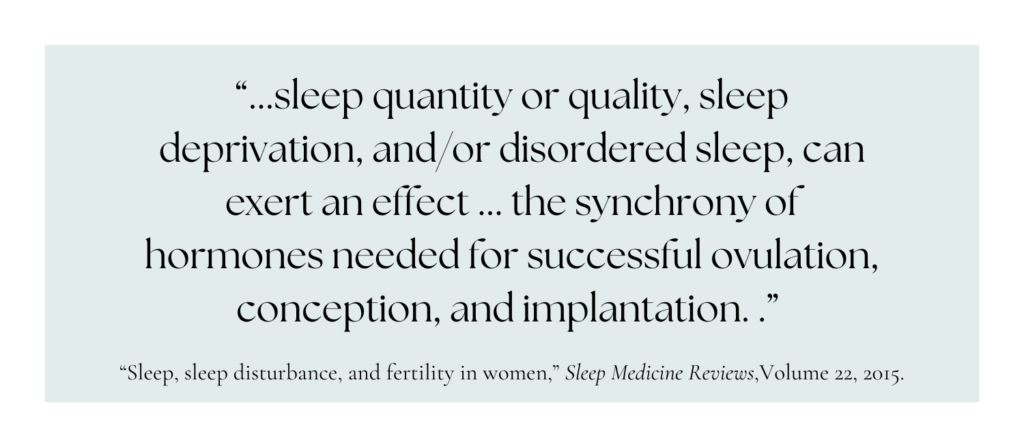
How to boost your fertility: To support your fertility, aim for 7-9 hours of uninterrupted sleep each night. Create a calming bedtime routine, limit screen time before bed, and reduce caffeine intake, especially in the afternoon and evening. In addition, incorporate moderate physical activity—such as walking, yoga, or swimming—into your daily routine to manage stress, boost circulation, and promote overall well-being.
5. Gut Dysbiosis
Your gut plays a surprisingly important role in fertility. An imbalance in gut bacteria, known as dysbiosis, can contribute to inflammation, hormonal imbalances, and nutrient deficiencies—all of which can negatively impact your reproductive health.
A 2021 study in Human Reproduction found a strong connection between gut health and fertility, specifically how the gut microbiome influences hormonal balance. The research demonstrated that gut dysbiosis can disrupt estrogen metabolism, leading to hormonal imbalances that may contribute to conditions like polycystic ovary syndrome (PCOS), endometriosis, and infertility.
How to Improve Your Fertility: The study emphasized that improving gut health through probiotics and dietary changes could enhance fertility outcomes by restoring hormonal balance and reducing inflammation. Consider taking a high-quality probiotic like Super Biotic, which supports gut health and includes multiple beneficial strains.
6. Exposure to heavy metal toxins
In our modern world, it’s almost impossible to avoid environmental toxins. Unfortunately, these toxins can accumulate in the body and disrupt reproductive health. Heavy metals, including lead, cadmium, arsenic and mercury have been linked to fertility challenges, especially for women in their mid-30s and beyond trying to conceive. As a University of Michigan study found, women in this age group with elevated levels of heavy metals are more likely to experience impaired ovarian function and have fewer viable eggs.
How to improve your fertility: Common sources of heavy metal exposure include mercury from certain fish (like tuna and swordfish), silver amalgam dental fillings, lead from old pipes or paint, and cadmium from cigarette smoke. To minimize your exposure, choose fish lower in mercury (such as shrimp, salmon, pollock, and catfish), avoid secondhand smoke, and consider replacing silver amalgam fillings with mercury-free porcelain or resin options.
If you’re concerned about past heavy metal exposure, consider getting tested. A urine test that measures both pre- and post-challenge samples (after taking a chelating agent) can help detect stored toxins. Working with a naturopath to detoxify your body may help remove these harmful metals and improve your fertility.
7. Emotional and Spiritual Blocks
Sometimes, the mind plays a significant role in fertility challenges. Emotional and spiritual beliefs may be affecting your ability to conceive. Deep-seated fears—whether conscious or subconscious—about becoming a parent or about your own childhood traumas can create emotional blocks.
A 2018 study in Human Reproduction explored the relationship between psychological well-being and fertility outcomes. The findings revealed that women undergoing assisted reproductive technology (ART) experienced better outcomes when they engaged in psychological support and mindfulness practices. This suggests that cultivating a positive mindset can be beneficial, regardless of where women are in their fertility journey.
How to improve your fertility: Seek the help of a therapist or spiritual counselor who can assist you in clearing any hidden emotional barriers. Even if you feel ready to have a child, subconscious fears can interfere, making this emotional exploration crucial. Entering your fertility journey with a clear mind could make all the difference.
Taking your fertility into your own hands
There is so much you can do to improve your fertility. Before considering invasive treatments, try incorporating these natural methods into your routine. Not only will they improve your chances of conception, but they’ll also enhance your overall physical, emotional, and spiritual well-being.







